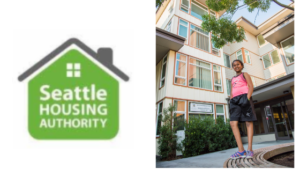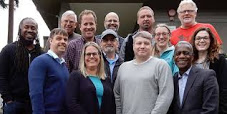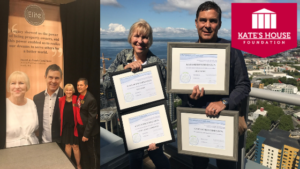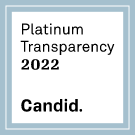Seattle’s crippling housing crisis has made it harder for people of all income levels to live in our city. One major factor behind our skyrocketing cost of living is that our housing policies are stuck in the past. It is illegal to build even a duplex on 75 percent of the land zoned for housing in Seattle. If we’re serious about affordability, then it’s time for a change.
Seattle is considering a suite of innovative strategies to unlock ways to create more housing options across the income spectrum, developed after nearly four years of community engagement with tens of thousands of residents. Unfortunately, the Seattle Times editorial titled “Engage to save Seattle neighborhoods” is an alarming misrepresentation of two key legislative proposals in this effort – 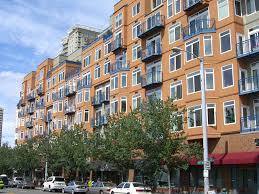 Mandatory Housing Affordability (MHA) and the modest legislation to encourage single family homeowners to build more granny flats and backyard cottages (generally called accessory dwelling units or ADUs).
Mandatory Housing Affordability (MHA) and the modest legislation to encourage single family homeowners to build more granny flats and backyard cottages (generally called accessory dwelling units or ADUs).
MHA is simple in concept: to gain more development capacity, developers must provide affordable housing units within new buildings or contribute to a city fund to build affordable housing. The result in either case is more affordable housing. MHA is already in place in Downtown, South Lake Union and four other neighborhoods throughout the city and raised more than $13 million last year to create affordable housing. Putting it in place citywide will provide even more desperately needed affordable units in our city. Consider that had MHA been in place last year, we could have raised another $87 million worth of affordable housing – $100 million total, without needing to raise taxes.
 The Times Editorial Board’s alarmist contention that “Upzones are happening not just in urban villages, where high-density growth should occur, but also in single-family neighborhoods,” is misleading. An important distinction is that “citywide” does not mean that every block of every neighborhood would be expected to have a high-rise on it. In fact, only 6% of all single-family neighborhoods, which already comprise three-quarters of land for housing, would be affected by MHA.
The Times Editorial Board’s alarmist contention that “Upzones are happening not just in urban villages, where high-density growth should occur, but also in single-family neighborhoods,” is misleading. An important distinction is that “citywide” does not mean that every block of every neighborhood would be expected to have a high-rise on it. In fact, only 6% of all single-family neighborhoods, which already comprise three-quarters of land for housing, would be affected by MHA.
We also take issue with the Times characterizing legislation for granny flats and backyard cottages as another “punch” to homeowners. Instead of hurting homeowners, it offers them greater flexibility by allowing them to build two granny flats or a granny flat and a backyard cottage – currently only one or the other is allowed—in addition to making modest changes to off-street parking requirements, adjusting size guidelines for backyard cottages, and reducing the requirement that the homeowner live in one of the units. Both Portland and Vancouver, BC passed virtually identical legislation– and the result is more units were built with no adverse impact to parking or neighborhood character. In fact, a study in both cities demonstrated that the majority of ADUs are rented at below market rates, making granny flats and backyard cottages yet another form of affordable housing provided at no expense to the public.
It’s time to move past divisive rhetoric that paints proponents of these changes as developers and “special interest groups” pitted against “dozens of neighborhood and community groups.” Nothing could be further from the truth. In fact, both policies have broad support from neighborhood groups, grassroots coalitions and concerned homeowners and renters alike who recognize that to address the severity of our housing crisis, we need changes to the status quo. After more than two years of Seattle process, it’s time to move forward.
Take Action:
Authors:
Marilyn Strickland is the President and CEO of Seattle Chamber and former Mayor of Tacoma
Nicole Grant is Executive Secretary-Treasurer of MLK Labor, the central body of labor organizations in King County.
Faith Li Pettis served as co-chair of the Housing Affordability and Livability Agenda (HALA) Advisory Committee.

